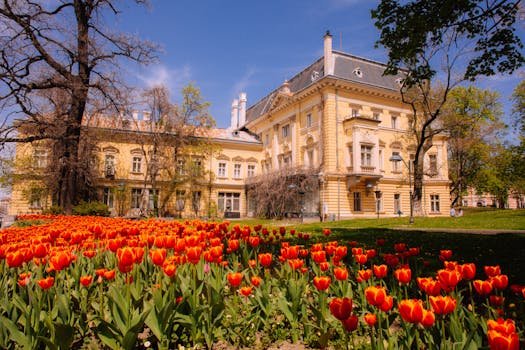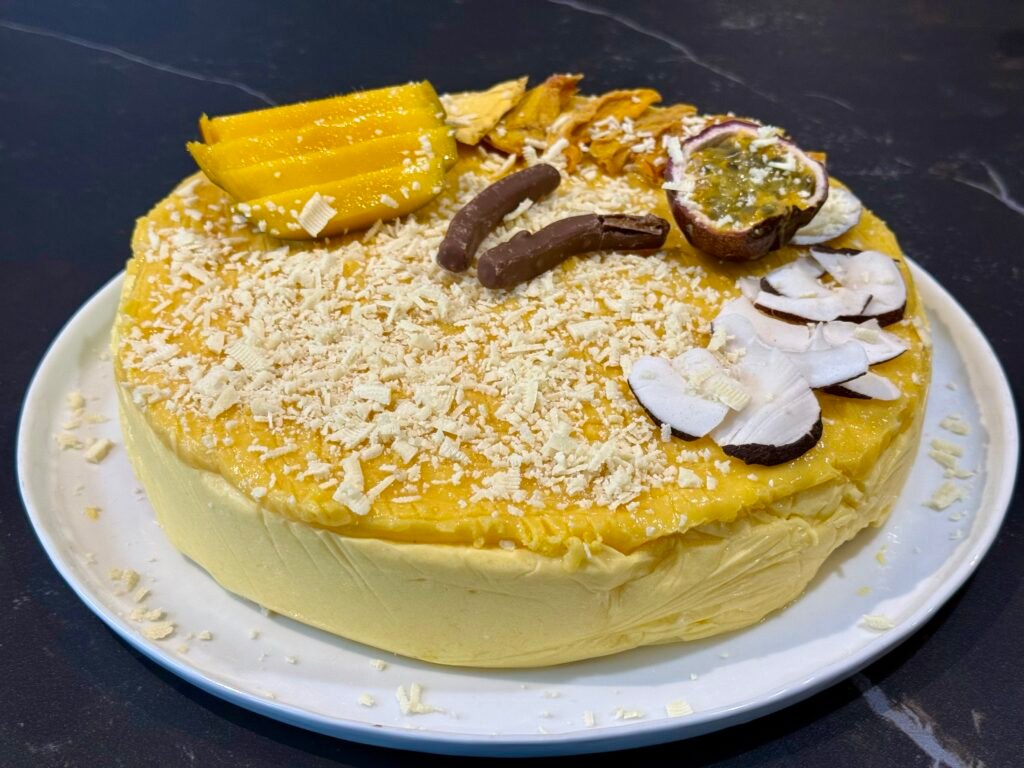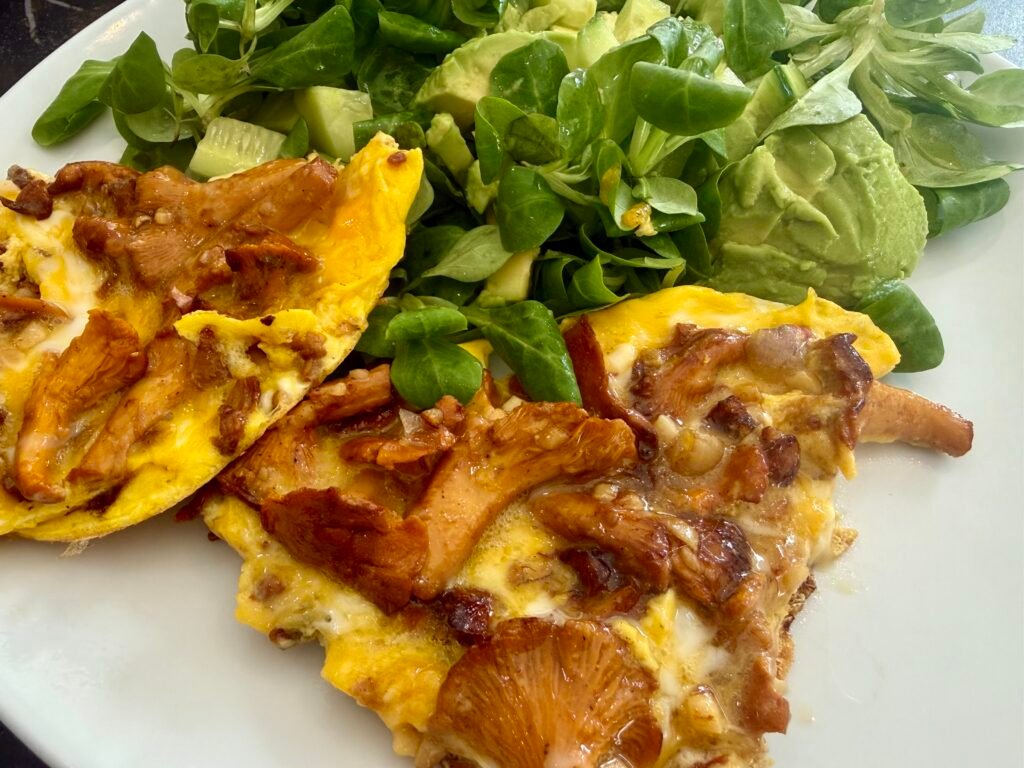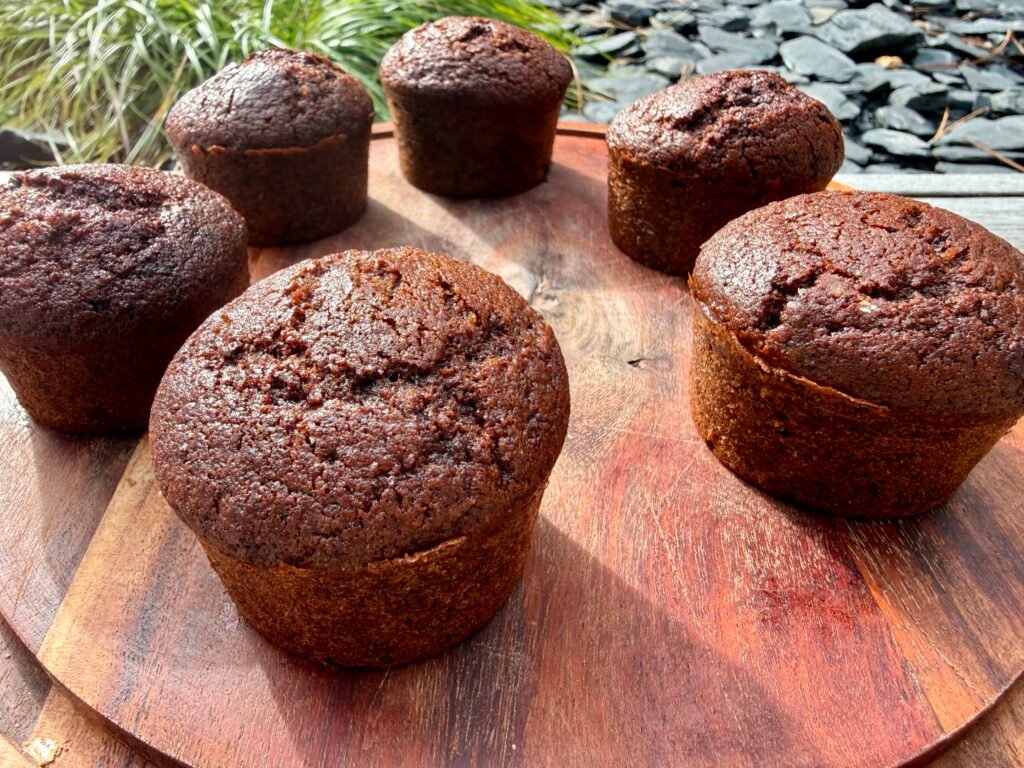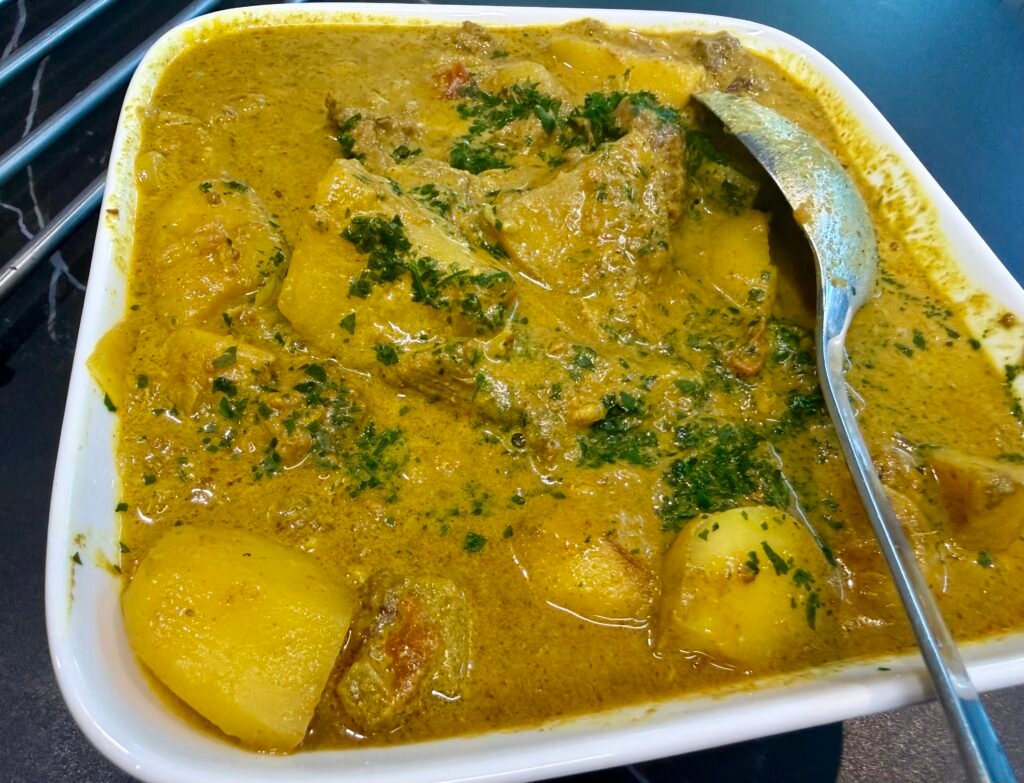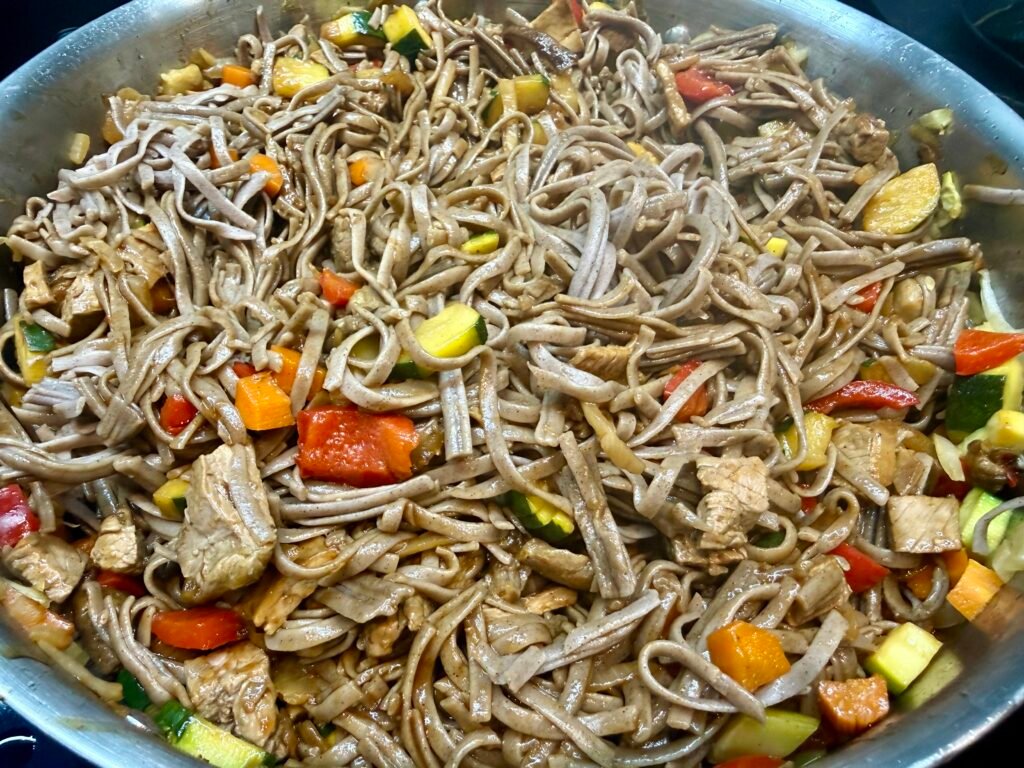Bulgaria, located in southeastern Europe, is a country rich in history dating back to the times of the Thracians, Byzantines and Ottomans. Since its founding in the 7th century, Bulgaria has gone through many upheavals, notably under the Ottoman Empire before regaining its independence in the 19th century. Today, Bulgaria is a member of the European Union and offers a fascinating mix of ancient traditions and modernity. Its monasteries, folk festivals and dances like the horo reflect its unique cultural heritage. Additionally, Bulgaria is known for its Orthodox religious heritage, with splendid churches and monasteries scattered across the country.
Bulgaria is a country where ancient history and living culture come together to offer an authentic and enriching experience.
Traditional Gastronomy and Gluten Free Options
Bulgarian cuisine is influenced by its Balkan and Mediterranean neighbors, with a strong presence of fresh vegetables, grilled meats and dairy products. Many dishes are naturally gluten-free because they rely on simple, rustic ingredients. Bulgaria is also famous for its unique yogurt, which uses a specific bacterial strain, Lactobacillus bulgaricus .
Here are some naturally gluten-free Bulgarian dishes:
- Shopska Salata : A refreshing salad made with tomatoes, cucumbers, peppers, onions and sirene cheese (similar to feta), drizzled with olive oil. This dish is naturally gluten-free.
- Kebapche : Spicy ground meat shaped into a sausage shape, grilled and served with vegetables or potatoes. This dish is naturally gluten-free.
- Sarmi : Vine leaves stuffed with rice and minced meat, cooked in tomato sauce. This traditional dish is naturally gluten-free.
- Tarator : A cold soup made with yogurt, cucumbers and nuts, often served in summer. A refreshing and gluten-free dish.
These Bulgarian dishes are a great way to experience local flavors while following a gluten-free diet.
The Must-See Things to Visit in Bulgaria
Bulgaria offers a great diversity of landscapes, between mountains, beaches and historic towns. Here are some must-see sites to discover during your trip:
- Sofia : The Bulgarian capital is a fascinating blend of history and modernity, with iconic sites like the Alexander Nevsky Cathedral , the National Palace of Culture and Roman ruins.
- Plovdiv : One of the oldest cities in Europe, Plovdiv is home to well-preserved Roman ruins, such as the ancient amphitheater, and a charming city center with colorful houses.
- Rila Monastery : This UNESCO-listed Orthodox monastery is one of the country's most impressive sites, nestled in the Rila Mountains.
- Black Sea beaches : The Bulgarian coast offers magnificent beaches, notably in Varna and Burgas , ideal for relaxation and water sports.
These sites illustrate the rich history and natural beauty of Bulgaria, a perfect destination for culture and nature lovers.

